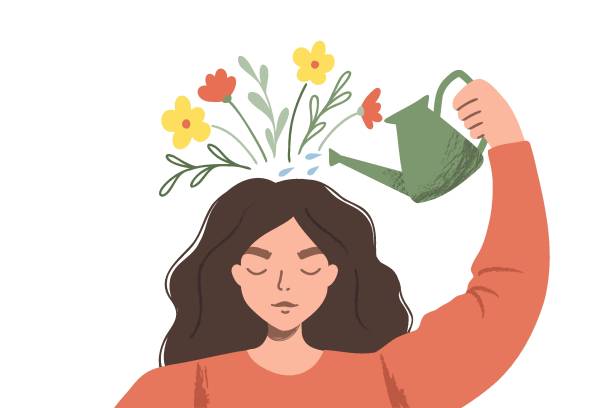The World Health Organization defines self-care as the ability of individuals, families, and communities to promote health, prevent disease, maintain health, and to cope with illness and disability with or without the support of a healthcare provider.
Though it is broadly believed that self-care is all about staying physically healthy that includes hygiene, nutrition and seeking medical care when needed, there is another aspect to it and that is the mental self-care which has a lot to do with our daily stress.
Often people suffer in silence thinking this to be an unimportant subject to be discussed. Scarcely do people know that there is nothing more important than mental health.
Dr Amrit Pattojoshi says mental health is the root of all sorts of health disorders.
On the topic of self-care of the mind, he explains, “Mental health includes emotional, psychological, and social well-being. It affects how we think, feel, act, make choices, and relate to others. Self-care can play a role in maintaining your mental health and help support your treatment and recovery if you have a mental illness. When it comes to your mental health, self-care can help you manage stress, lower your risk of illness and increase your energy. Even small acts of self-care in your daily life can have a big impact.”
He goes on to add, “The point is to remind yourself that you have options when you’re blinded by negative thoughts that tell you there’s nothing that will help you, that there is no way out, then these can be simple reminders “You are loved”, “You can talk to me”, coping strategies are “Take a walk and have some water”. The burden of mental health being on rise, with the number of people reporting mental health concerns, it has become difficult to ignore the impact that mental illness can have in our everyday lives, society and economy at large. Self-care is an intricate process of purposeful engagement in strategies that promote healthy functioning and enhance well-being. It’ essential to your overall health and quality of life.”
Psychologist Sambit Nanda says, “Self-care looks different for each individual and it is important to find what you need and enjoy. It may take trial and error to discover what works best for you.”
Although self-care is not a cure for mental illnesses, understanding what causes or triggers your mild symptoms and what coping techniques work for you can help manage your mental health, he adds.
“To keep things going in today’s stressful time, one has to keep himself or herself fit mentally by maintaining a balance between your physical and psychological needs. There is a need to keep cool in any given circumstances by controlling the anger and with a positive mindset. Also you need to adjust your mood according to the situation,” says Nanda explaining the mental aspect of self-care.
Dr Amrit Pattajoshi shares a few tips to help you get started with self-care to boost your mental health:
Expert’s prescription
- Just 30 minutes of walking every day can help boost your mood and improve your mental health.
- Eat healthy, regular meals and stay hydrated. A balanced diet and plenty of water can improve your energy and focus throughout the day.
- Make sleep a priority. Stick to a schedule, and make sure you’re getting enough sleep. Blue light from devices and screens can make it harder to fall asleep, so reduce blue light exposure from your phone or computer before bedtime.
- Try a relaxing activity. Explore relaxation or wellness programs or apps, which may incorporate meditation, muscle relaxation, or breathing exercises.
- Set goals and priorities.Decide what must get done now and what can wait. Learn to say “no” to new tasks if you start to feel like you’re taking on too much.
- Practice gratitude. Remind yourself daily of things you are grateful for. Be specific. Write them down at night, or replay them in your mind.
- Focus on positivity. Identify and challenge your negative and unhelpful thoughts.
- Stay connected. Reach out to your friends or family members who can provide emotional support and practical help.
